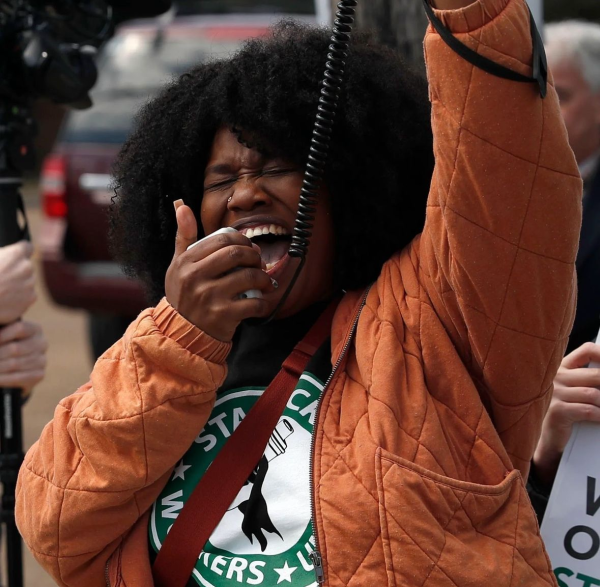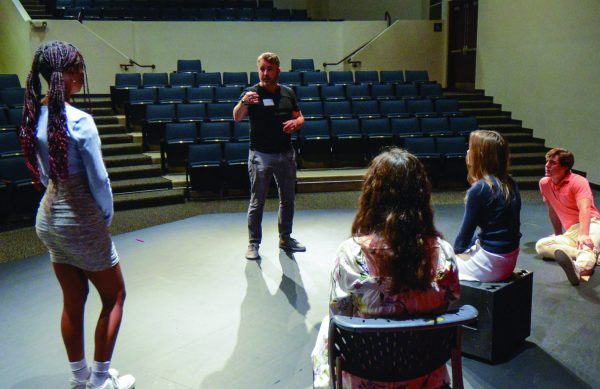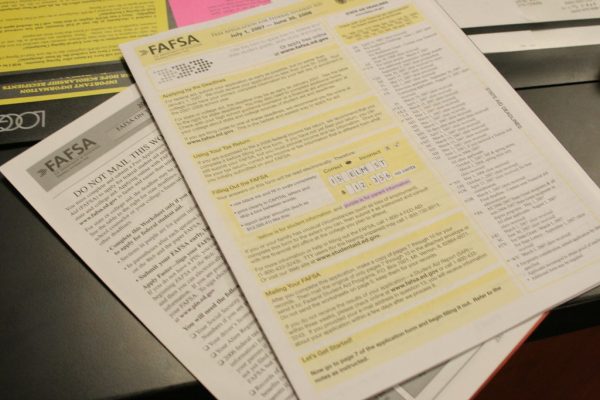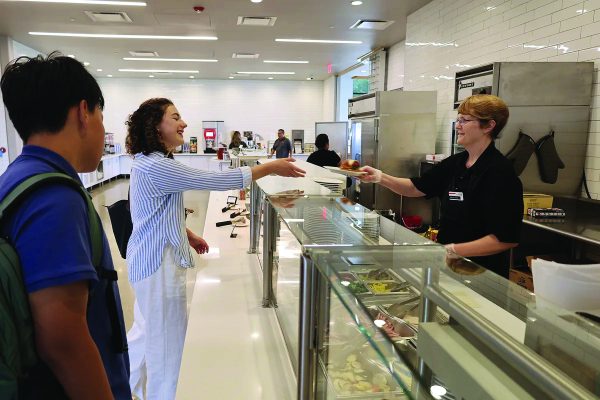Celebrating the 150th anniversary of Ferry Hall

October 7, 2019
 As we commemorate the 150th Anniversary, let us remember how Ferry Hall has shaped who we are today.
As we commemorate the 150th Anniversary, let us remember how Ferry Hall has shaped who we are today.
In 1867, Reverend William Montague Ferry, a Presbyterian missionary and frontier entrepreneur who believed in the importance of educating women, left $15,000 in his will to fund a female seminary. Two years later, on September 22, 1869, 66 students – 37 of whom were boarders – began their education at the newly established Young Ladies Seminary at Ferry Hall located near the campus of Lake Forest University.
The Young Ladies Seminary at Ferry Hall was well regarded by the community, and extremely well qualified to educate the daughters of wealthy Midwesterners. This helped the school form an impressive list of advocates ranging from James Blaine, the leading Republican and Speaker of the US House of Representatives, to William Bross, an early publisher of the Chicago Tribune and lieutenant governor of Illinois from 1865 to 1869.
Unlike most girls’ schools at the time, Ferry Hall was not a finishing school. Rather, Ferry Hall was very progressive and advanced in its education of young women. Students were educated in such subjects as government, rhetoric, Bible literature, history, philosophy, music, and science, a class not taught at most other girl’s schools. “Household economy” was also taught as women often found their future careers to be marriage. The school also brought notable speakers to the school, such as Jacob Riis, the famous photojournalist of the late 1800s.
Social life at Ferry Hall was strictly controlled in its early years, especially where the Lake Forest Academy boys – who called the Ferry Hall girls “Sems”- were involved. Rules prohibited the girls from interacting with the Academy boys unless a visitor to campus was granted permission by the girl’s parents via letter. As time went, to keep up with societal norms, these strict rules were relaxed.
In the fall of 1974, Ferry Hall merged with Lake Forest Academy. It was “inevitable” as lots of schools were becoming co-ed at that time, according to John Bird, a much-beloved Ferry Hall Headmaster. Bird was instrumental in forging the merge. In the 1970s, as women gained more jobs in the workforce, it was especially important for young men and women to interact and learn with each other.
“Although this change did cause some growing pains for students who liked the single-sex schools, the needs of both the boys and the girls were met and respected, which was very important to do right,” reflected Bird.
This merge made LFA what it is today, and what was happening back then is still very much happening now. Of the various schools Bird had worked at, the boarding school atmosphere at Ferry Hall was the one that felt the most like an extended family. Mr. Bird even opened up his house and his family for students to come in on Saturday in the afternoon to relax, eat, study, or just talk.
This sense of community is true at LFA today.
Some of our favorite school traditions originated from Ferry Hall. the school still continues Move Up Day, the Ferry Hall tradition once known as Ivy Day. Field Day still has some ties to present-day LFA as well, as students participate for the House Cup and are awarded Monty Bear if they come in first. Monty Bear was given to either the yellow or white team, depending on which team won, during Ferry Hall Days: a series of activities in spring. Two of LFA’s houses are also named after two former heads of school of Ferry Hall: Sabra Sargent and John Bird.
Ferry Hall sesquicentennial celebrations will span the entire school year. Beginning on Alumni Weekend, there will be a special exhibit dedicated to the history of Ferry Hall at the History Center of Lake Forest – Lake Bluff. There will be buses to take alumna to see the exhibit and a gathering for them to connect. From there they will visit the Chapel of the old school in downtown Lake Forest. The magnificent history of Ferry Hall will be showcased and celebrated.
Bird was sure to say that he is “proud to have been a part of the school, and proud of what it is today.” Our LFA community today is also just as proud.














